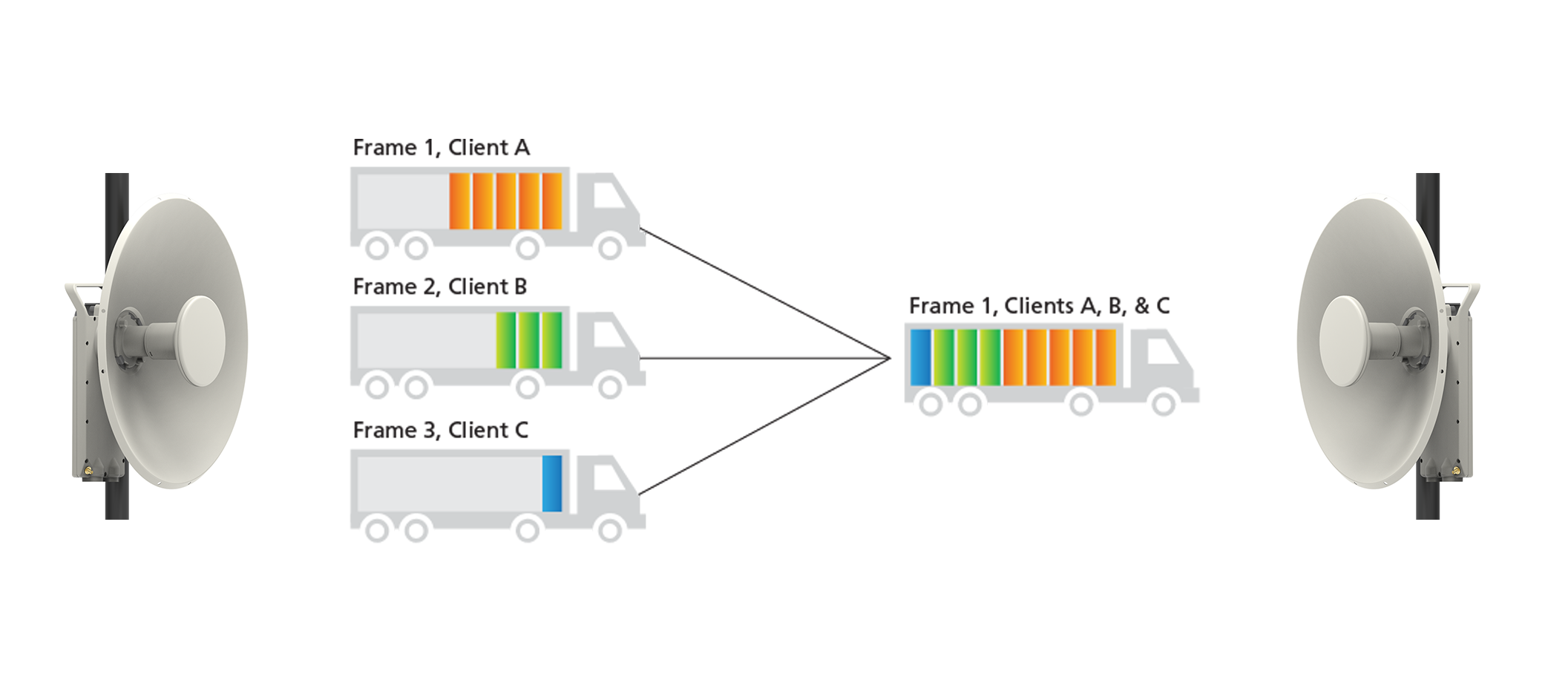
In contemporary hospitality, seamless internet connectivity has become an indispensable patron amenity. A sluggish internet connection can swiftly transform a lauded patron experience into one marred by frustration. Modern patrons are digitally reliant, utilizing the Internet for pre-travel research, booking, in-stay communication, and entertainment. They naturally expect uninterrupted video conferencing, flawless streaming experiences, and lag-free gaming – all essential for a truly satisfying stay.
To deliver a memorable patron experience, hosts should provide fast and reliable internet access. As travelers increasingly rely on Internet connectivity for work and leisure, the demand for superior network performance in hotels, resorts, and other hospitality venues is increasing. So, leveraging the latest advancements in internet access technology can help hospitality providers meet these demands and differentiate themselves in an increasingly competitive market.
Why is High-Quality Internet Connectivity Crucial in Hospitality?
The importance of internet connectivity in the modern hospitality industry cannot be overstated. Whether guests are traveling for business or leisure, a fast, reliable internet connection is now a critical factor influencing their stay experience. As the demand for seamless digital connectivity grows, the role of internet connectivity technology in hospitality has evolved - from a mere convenience to a core service offering. It now significantly impacts guest experience and satisfaction as well as business success. Let’s now explore in detail why high-quality internet connectivity is crucial in hospitality.
_1721795523.png)
1. Meeting Guest Expectations
Today's travellers have high expectations of internet connectivity. With the increased usage of internet connecting gadgets - smartphones, tablets, and laptops - guests expect to connect multiple devices to a hotel's Wi-Fi network without experiencing slow speeds or interruptions. For business travelers, reliable internet access is essential for virtual meetings, accessing corporate networks, and staying productive while on the road. Leisure travelers, on the other hand, demand fast Wi-Fi for streaming videos, social media, and online gaming.
2. Enhancing the Patron Experience
In every business, customer experience is a key performance indicator. In the hospitality industry, providing exceptional internet connectivity can enhance the patron experience in several ways:
- Smooth Streaming and Entertainment: Patrons can stream movies, TV shows, and music without buffering for a relaxing and enjoyable stay.
- Reliable Video Conferencing: Business travellers can participate in video conferences and virtual meetings without technical glitches, maintaining their professional commitments.
- Smart Room Features: Advanced internet connectivity supports IoT (Internet of Things) and smart room technologies, allowing patrons to control lighting, temperature, and entertainment systems through their devices.
- Seamless Connectivity: A robust network ensures guests can stay connected throughout the property, including guest rooms, common areas, and outdoor spaces.
3. Enhance Operational Efficiency
Beyond enhancing the patron experience, hotels need robust internet connectivity technology to improve operational efficiency and gain a competitive advantage in the hospitality industry. Here’s how robust Internet connectivity supports hotels:
- Smart Operations: Quality internet allows the connection of IoT devices to the internet without glitches, allowing automation and optimization of various operational processes, such as energy management, security systems, and predictive maintenance. This will increase hotel efficiency and reduce costs.
- Data-Driven Decisions: Reliable internet connectivity and advanced network management solutions provide valuable insights into guest behaviour and network usage. This can help hotel management to make informed decisions and enhance their service offerings.
- Efficient Communication: Reliable internet connectivity enables seamless communication between staff members, improving coordination and response times to guest requests.
- Streamlined Check-In/Check-Out: Digital check-in and check-out processes can be facilitated through a robust network and internet connectivity, reducing wait times and enhancing guest convenience and customer experience.
4. Enhance Competitive Advantage
In the fiercely competitive hospitality industry, achieving a competitive advantage is crucial for long-term success. Hotels and the hospitality industry can achieve this edge through robust internet connectivity by offering seamless, high-speed internet access that enhances guest satisfaction and experience that enhances travellers’ work, entertainment, and communication. This will:
- Attract Business Travellers: Offering high-quality internet can attract business travellers who need reliable connectivity for work.
- Enhance Brand Loyalty: Consistently delivering a high-quality internet experience can enhance guest loyalty and encourage repeat visits.
5. Economic Impact
The economic impact of strategic initiatives is crucial in every business, hotels included. The goal is to reduce costs, increase revenue and achieve better profits to stay afloat and reliable internet connectivity can help achieve this:
- Increased Revenue: Guests are often willing to pay a premium for rooms with guaranteed high-speed internet. Additionally, it can increase the appeal of premium services like meeting room rentals.
- Reduced Costs: Efficient internet systems can streamline operations, reduce manual work, and lower operational costs through automation and improved communication.
Invest in robust network technologies to meet guest expectations
Network connectivity technology plays a pivotal role in the hospitality industry, influencing patron experience satisfaction and operational efficiency. As guests increasingly demand seamless and reliable internet access, hospitality providers must invest in advanced network technologies to meet these expectations. This will help them enhance their patrons' experience, streamline their operations, and gain a competitive edge in the hospitality industry. At Optace Networks, we believe that embracing advanced technology is more than just staying up-to-date; it's about establishing a new benchmark for industry excellence.
Get your advanced network technology solutions at Optace Networks to keep your premises always connected.
In this next article, we explore the Technological Arsenal for Hospitality Connectivity Excellence.
Latest Articles
Tue Dec 09 2025
Why MikroTik Should Be in Your 2026 Network PlanMon Oct 13 2025
Netgate pfSense+ Security Gateways: The Security Gateway Built for the Demands of Modern EducationWed Sep 03 2025
hello worldRelated Articles
.jpg)
ePMP 3000 - 5X Performance with Gen3 Technology
-(1).png)
Africa Tech Festival Displays Strides in Connectivity and Telecommunications Infrastructure across Africa

Cambium Networks ePMP Force 425 - The Industry’s First Point-to-Point Solution Based on 802.11ax

The Power of OFDMA in Wireless Broadband
In this article, we delve into the principles of OFDMA, the defining principle of the 802.11ax standard, its applications, and its impact on wireless broadband.

© 2026 PoweredbyOptace Networks Limited. All Rights Reserved.
